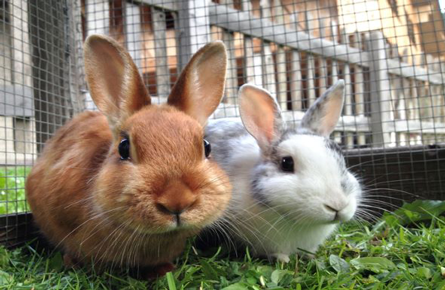Dog Dentistry in Oxford
Everything you need to know about dog dental care
Your dog’s dental care is just as vital as any other regular and preventative care, according to Boundary Vets in Oxford. Like people, dogs can have tartar accumulation that results in gum disease and tooth decay.
It is very advised to brush your dog's teeth once or twice a day for optimal dental health. Along with veterinarian dental diets, we additionally have dog dental care supplies like liquids to add to their water to help decrease plaque build-up and foul breath (halitosis). In addition to offering you advice on your dog's nutrition and suggested dog dental care items, our experts at Boundary Vets would be pleased to help you with any questions you may have.
Symptoms of Dog Dental Disease in Oxford
In Oxford, Dogs are often exceptionally good at masking indications of dental disease and oral pain. Certain dogs that suffer from serious dental diseases, such as root exposure, severe gingivitis (gum inflammation), and tooth root infections, will still eat and may not exhibit any symptoms at all. Instead of just one tooth being taken out, this may lead to a dog having several teeth removed together.
If plaque and tartar buildup is already present, scaling and polishing the teeth is the best course of action to eliminate it, followed by brushing the teeth to keep the buildup from recurring. All dog dental care operations require general anaesthesia; however, routine scaling and polishing, which stops the dental disease from getting worse, requires less time under anaesthesia than multiple extractions.
Does your dog show signs of dental disease?
- Bad breath (halitosis)
- Visible tartar build-up on teeth
- Red or inflamed gums (gingivitis)
- Discoloured teeth
- Drooling
- Loose teeth
- Bleeding from the mouth
- Slowness or reluctance to eat
- Chewing on one side of the mouth
- Dropping food from the mouth when eating
- Swelling around the mouth (from potential tooth root abscesses).
How can dog dental disease be prevented?
Daily tooth brushing is the greatest approach to keep your dog's teeth in good condition. Although it can be introduced at any age, it is easiest to begin from puppyhood. The staff at Boundary Vets is pleased to offer guidance on how to incorporate this into your dog's dental care programme.
To fully clean the teeth, it can also be advantageous to have a scale and polish done on a regular basis. This is comparable to the care that an Oxford dog dental hygienist would provide. Since dogs can't stay still for extended amounts of time and we need to protect them and the team from sharp teeth, these procedures are performed under a brief general anaesthesia.
Why does dental disease occur in dogs?
Plaque develops on teeth when bits of food and saliva are left on them. Because plaque is soft, it may be eliminated in Oxford by brushing or by using other dog dental care products. Without dental assistance, the plaque would solidify and become tartar, which is challenging to remove. Bacteria will spread below the gum line and cause red, sore gums if tartar is not removed, which is often done via the scale and polish treatment. This is known as periodontitis and gingivitis, and it can result in infections of the jawbone, tooth loss, and tooth infections.
If you would like more information or want to talk to a member of our expert Oxford veterinary team about dog dental care, contact our team today at 01235 538721







